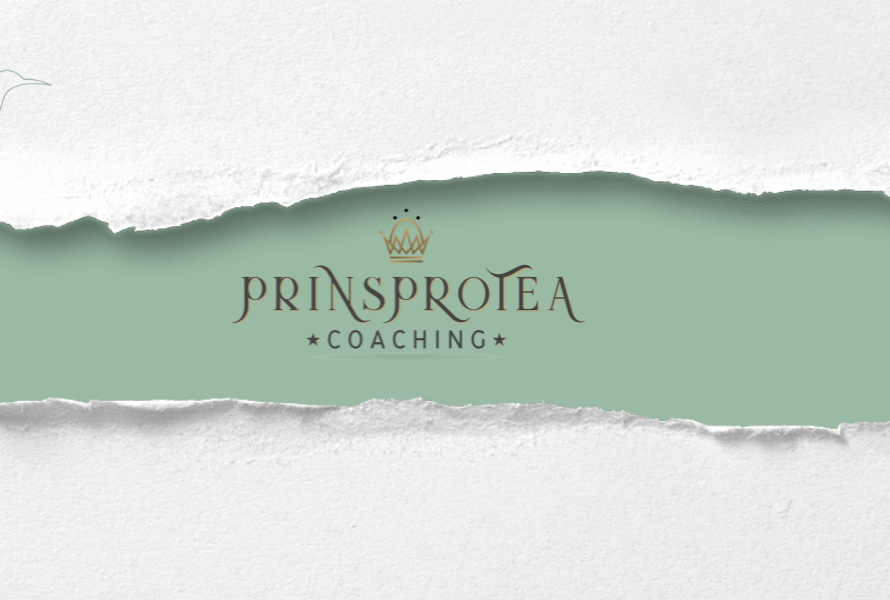In today’s Volatile, Uncertain, Complex, and Ambiguous (VUCA) business environment, leaders face unprecedented challenges. As an executive coach, I’ve witnessed firsthand how the power of gratitude can transform leadership effectiveness and team dynamics. Let’s explore how cultivating a grateful mindset can benefit leaders and their teams in navigating the complexities of our modern world.
The Transformative Power of Gratitude
Gratitude is more than just saying ‘thank you.’ It’s a mindset that acknowledges and appreciates the positive aspects of life, including people, experiences, and opportunities. In leadership, gratitude can be a game-changer, fostering resilience, enhancing relationships, and creating a positive work culture.
Enhancing Self-Awareness and Emotional Intelligence
Leaders who practice gratitude develop greater self-awareness and emotional intelligence. By reflecting on what they’re thankful for, leaders gain insights into their values, priorities, and emotional triggers. This heightened self-awareness allows for more intentional decision-making and improved interactions with team members.
Building Resilience in Uncertain Times
The VUCA world demands resilient leaders. Gratitude is a powerful buffer against stress and adversity, helping leaders maintain perspective during challenging times. By focusing on the positives, leaders can shift from a scarcity mindset to one of abundance, viewing obstacles as opportunities for growth.
Strengthening Team Dynamics
Gratitude plays a crucial role in strengthening connections between leaders and their teams. When leaders genuinely appreciate their team members’ contributions, it fosters trust and respect. This not only improves morale but also encourages open dialogue and innovative thinking. In a VUCA world, where change is constant and unpredictable, gratitude can serve as a stabilising force. Leaders who consistently express appreciation create a sense of psychological safety within their teams, enabling members to confidently navigate uncertainty. This stable foundation allows teams to adapt more readily to changing circumstances, fostering agility and resilience in the face of complex challenges.
Fostering a Culture of Appreciation
When leaders express gratitude, it sets a tone that permeates the entire organisation. This culture of appreciation boosts morale, encourages open communication, and enhances collaboration. In a grateful environment, team members are more likely to support one another and share knowledge.
Improving Relationships and Trust
Gratitude plays a crucial role in strengthening connections between leaders and their teams. When leaders genuinely appreciate their team members’ contributions, it fosters trust and respect.. This not only improves morale but also encourages open dialogue and innovative thinking.
Driving Performance and Engagement
As an executive coach, I’ve seen how gratitude can be a game-changer in driving performance and engagement in a VUCA world. By helping leaders cultivate a grateful mindset, we can enhance their ability to motivate teams, foster resilience, and maintain focus on long-term goals despite short-term uncertainties. This approach not only boosts individual performance but also creates a more adaptable and cohesive organisational culture, essential for thriving in today’s complex business landscape
Boosting Motivation and Productivity
Research shows that gratitude is linked to increased motivation and productivity. When employees feel valued, they’re more likely to be engaged and committed to their work. Leaders who regularly express appreciation create an environment where high performance becomes the norm.
Facilitating Feedback and Growth
Gratitude can create a more open atmosphere for giving and receiving feedback. When leaders approach feedback with appreciation, it encourages a culture of continuous improvement.This positive approach to feedback can lead to accelerated personal and professional growth within the team.
Practical Strategies for Cultivating Gratitude
- Start with Self-Reflection: Begin each day by noting three things you’re grateful for, personally and professionally.
- Practice Mindful Appreciation: Take moments throughout the day to consciously appreciate your team’s efforts and achievements.
- Implement Gratitude Rituals: Introduce team practices like “Gratitude Rounds” in meetings where everyone shares something they’re thankful for.
- Personalise Recognition: Go beyond generic praise and offer specific, personalised appreciation to team members.
- Lead by Example: Openly express gratitude in your interactions, inspiring others to do the same.
The Ripple Effect of Grateful Leadership
As leaders embrace gratitude, they create a positive ripple effect throughout their organisations. This shift in mindset not only enhances their leadership effectiveness but also cultivates a more engaged, motivated, and resilient workforce. In the face of VUCA challenges, gratitude emerges as a powerful tool for leaders. It fosters self-awareness, builds resilience, strengthens relationships, and drives performance. By integrating gratitude into their leadership style, executives can create a positive work environment that thrives amidst uncertainty and change.
As an executive coach, I encourage leaders to harness the power of gratitude. It’s a simple yet profound practice that can transform not only their leadership but also the entire organisational culture. In today’s complex business landscape, a grateful leader is a resilient, effective, and inspiring force for positive change.
Get in touch with PrinsProtea today to unlock the potential of gratitude in leadership!
Sources:
1.https://www.novaleadership.com/insights/the-power-of-gratitude-in-leadership-transforming-teams-and-cultivating-connection
2. https://leadershiphq.com.au/gratitude/
3.https://www.linkedin.com/pulse/becoming-coachable-power-gratitude-executive-coaching-chester-elton
4.https://theleadershipsphere.com.au/insights/the-benefits-of-high-performance-coaching-for-teams/
5. https://theleadershipsphere.com.au/insights/5-benefits-of-executive-coaching/






